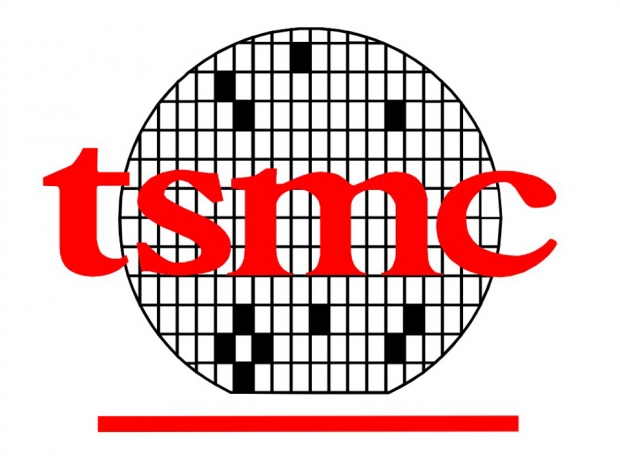In an industry characterized by frequent intellectual property infringement, Chang signaled to the Chinese government that it will encourage Chinese investment but will not allow mainland investors to appoint individuals to its board of directors.
“I think investment (by Chinese investors) should be welcome,” Chang said during the meeting. “But don’t let the investor be able to appoint a director to the board.”
Chang’s statement comes at a time when the Taiwan government is reviewing a plan proposed by Chinese-funded Tsinghua Unigroup to make investments into two Taiwanese chip companies and appoint members to their boards of directors. The first proposal – allowing Chinese investors to buy stock in Taiwan-based companies – is currently banned.
"Even if there is one (director) or more than one, then - relatively - it will not be that easy to protect intellectual property," he said, speaking to reporters after TSMC's annual shareholders' meeting.
As The Fiscal Times notes, Chang is well respected in the global chip industry and is often referenced by policymakers and corporate executives on important industry matters.
Ever since 1949, Taiwan has been regarded as a self-ruled province following the Chinese Civil War, a result that arose from an ideological split between Communist CPC and KMT-led Nationalists. The distrust that arise from the conflict can still be seen throughout various sectors of Taiwanese industries and had a varying ripple effect into some corporate loyalties. Many Taiwan-based companies have been wary of conceding investment rights to the Chinese government that may jeopardize intellectual property.
Another instance where ideological split affected trade policy and corporate relations between the Chinese mainland and Taiwan followed in 2000 after the election, when the new progressive administration of Taiwan did not share the same ideology as either previously ruling nationalist party. Tensions between Taipei and Beijing began to slowly ease after the 2008 election, however, during a series of talks known as the Cross-Strait relations.
Meanwhile, the company is on track to outgrow the rest of the semiconducting industry throughout the course of 2016 despite unfavorable market conditions that have dragged down the entire semiconductor industry’s growth. Chang reiterated the company’s earlier forecast of 5 to 10 percent growth for operating profit and revenue for the remainder of the year.




